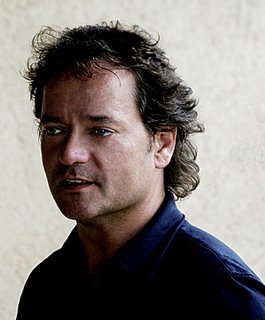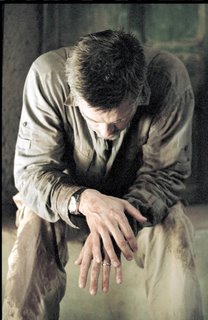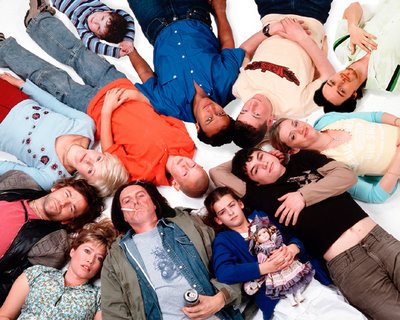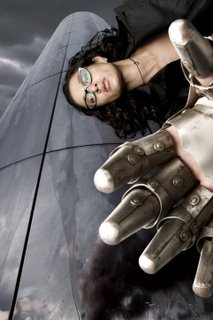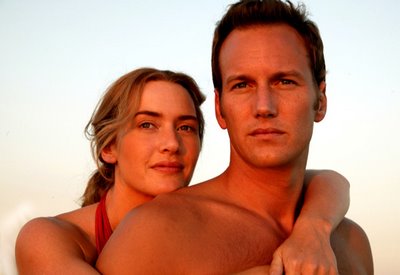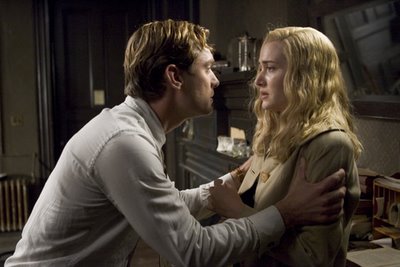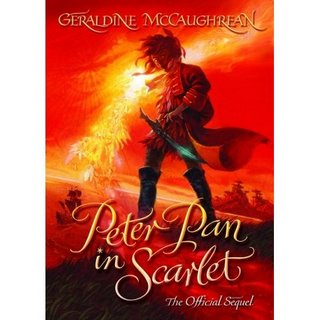This year's Tinniswood Award for the best original radio drama script broadcast during 2005 has been won by Guild member
Nick Warburton for Beast. The play, , directed by Peter Kavanagh, will be repeated on Radio 4 on 23 October at 14.15.
The Award is jointly administered by the Writers’ Guild of Great Britain and The Society of Authors and a year’s free membership was given along with PURE Digital’s latest digital radio, the PURE One.
Dead Code: Ghosts of the Digital Age by Jeff Noon (directed by Nadia Molinari) was highly recommended. He received a year’s free membership of the Writers’ Guild and the Society of Authors.
Gordon House, Jury Chair, said that Beast was:
"A beautifully understated play with real emotional power that creates strong and believable characters, and reverberates in the mind long after you’ve finished reading it. A play totally conceived for radio; it would be diminished by being performed in any other medium."
At the same awards ceremony in London on Tuesday, Guild member
Nazrin Choudhury was presented with the Imison Award, administered by The Society of Authors, for best original radio drama script by a writer new to radio, for her play Mixed Blood. The play, directed by Naylah Ahmed, will be repeated on Radio 4 on 24 October 2006 at 14.15.
The Peggy Ramsay Foundation donated the £1,500 prize-money and Nazrin was given a year’s membership of the Society. Naomi Gryn, Jury Chair, commented:
"The play had great humanity, a clear plot and emotional depth - both in terms of a young woman escaping from the shadow of her late mother and the backdrop of arranged marriages and mixed relationships. Skilfully propelled by dialogue the story seemed wholly authentic, with not a false line anywhere, and which also had the effect of creating characters you could easily identify with. You cared about them."
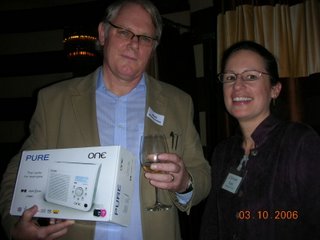 Tinniswood Award winner Nick Warburton with Guild Assistant General Secretary, Christine Paris (Photo: Anne Hogben)
Tinniswood Award winner Nick Warburton with Guild Assistant General Secretary, Christine Paris (Photo: Anne Hogben) Imison Award winner, Nazrin Choudhury (centre), with the Guild's Acting Membership Manager, Moe Owoborde and Guild General Secretary, Bernie Corbett (Photo: Anne Hogben)
Imison Award winner, Nazrin Choudhury (centre), with the Guild's Acting Membership Manager, Moe Owoborde and Guild General Secretary, Bernie Corbett (Photo: Anne Hogben)
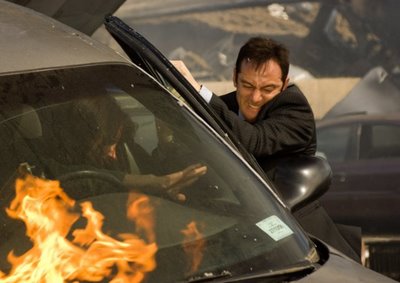 Jason Isaacs in The State Within, written by Daniel Percival and Lizzie Mickery. (Photo: BBC/Ben Mark Holzberg)
Jason Isaacs in The State Within, written by Daniel Percival and Lizzie Mickery. (Photo: BBC/Ben Mark Holzberg)

